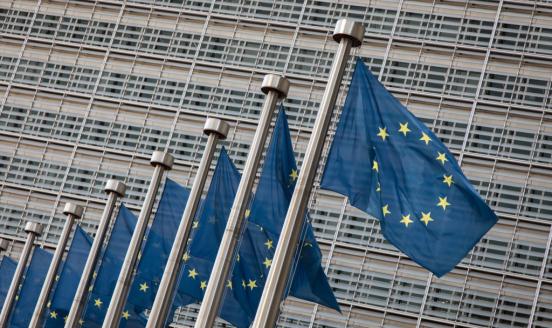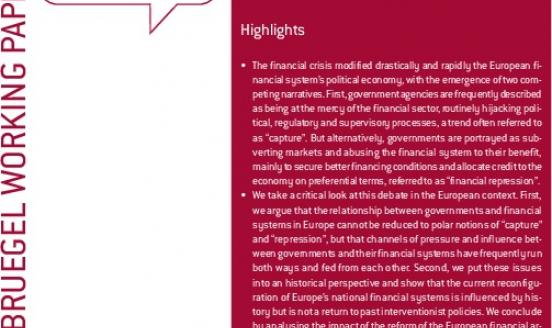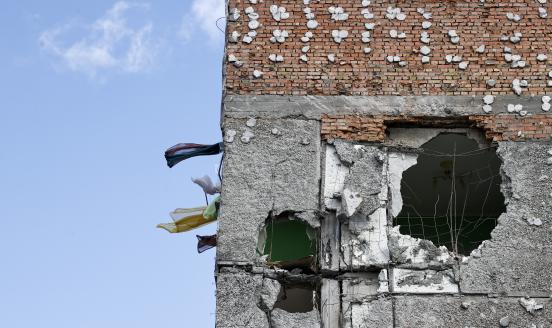Europe needs a financial policy
In the last few weeks, the predominant narrative about the origins of the European crisis has come under strain. The fable that the current predicament was fundamentally the result of a failure to meet the rules of the Maastricht Treaty is slowly but rightly vanishing. Now, not only are the countries that were forced into aggressive and self-defeating fiscal adjustments objecting but so too are the fiscally conservative countries like the Netherlands.
More broadly twelve other heads of state and governments in Europe signed a letter to the European Council at the end of March arguing that Europe was wrong headed and lacked a growth strategy. This should resonate well in France where the presidential frontrunner, François Hollande, has argued repeatedly that he would renegotiate the fiscal compact and seek to strengthen the pro-growth dimension of the current European strategy.
However, Europeans differ fundamentally over what makes an effective growth strategy. Some support deregulation, free trade and liberalization to promote structural growth, others continue to believe that fiscal rigor leads to private sector investments and consumer confidence. Still others argue for public sector investments that support demand and innovation. The final growth strategy is likely to be a compromise of these three visions, but getting to that compromise means accepting that the current strategy is incapable of delivering the goods.
But the biggest risk to the European economic outlook is that of renewed financial distress. Indeed, Europe still has a very fragile banking system and doesn’t have a coherent and effective financial sector policy that would stabilize its financial markets, allowing its banks to lend again and give a new growth strategy a real chance.
Over the next few months, Europe needs to do two things. First, tweak the existing rescue instruments to help recapitalize and restructure the Spanish banking system. This will be the embryo of a real banking union jointly backed by member states and a supranational guarantee of deposits similar to the F.D.I.C. in the United States. Second, European member states need to create the equivalent of the federal government debt market to supply safe assets to its banking system and strengthen its surveillance mechanism. There are a few proposals on the table to do that, but the more modest one that would lead euro area governments to issue eurobills currently strikes the best balance between economic effectiveness and political feasibility.
Once these steps are completed, Europe will be in a much stronger position to devise and implement a concerted and multifaceted growth strategy. Before then, all efforts will be wasted because an impaired financial system will yield limited results and continue to tear Europe apart, pulling a growing number of its countries into a spiraling debt deflation.


